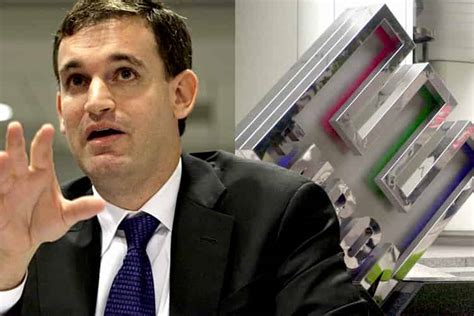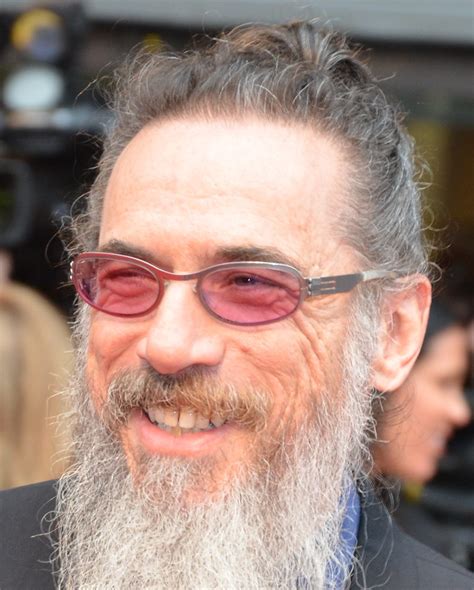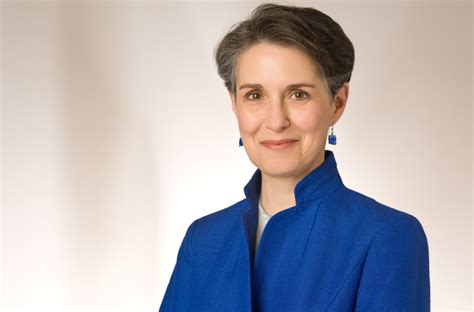A Quote by Josh Linkner
Separate out the creative act from the act of editing and execution. Make it a two-step process. First, let ideas flow and encourage EVERY idea to make it to the whiteboard. Don't criticize, judge, edit, budget, or worry. An idea on the wall can't hurt anyone, so let them rip without restriction. After any and all ideas have the opportunity to "come out to play", only then should you apply your analytical and logical side to the effort. Don't mix the creative process with the editing process or you'll kill your ideas before they even get a fighting chance.
Quote Topics
Act
After
Analytical
Any
Anyone
Apply
Before
Budget
Chance
Come
Creative
Creative Process
Criticize
Edit
Editing
Effort
Encourage
Even
Every
Execution
Fighting
First
Flow
Get
Hurt
Idea
Ideas
Judge
Logical
Make
Mix
Only
Opportunity
Out
Play
Process
Restriction
Rip
Separate
Should
Side
Step
Them
Then
Two
Wall
Without
Worry
Your
Related Quotes
At school, new ideas are thrust at you every day. Out in the world, you’ll have to find the inner motivation to search for new ideas on your own. With any luck at all, you’ll never need to take an idea and squeeze a punchline out of it, but as bright, creative people, you’ll be called upon to generate ideas and solutions all your lives. Letting your mind play is the best way to solve problems.
The creative process is just a process and you can't really separate it from life. Growing your hair is a creative process. Your body is creating hair. Being alive is a creative process. Whether it's growing something in the garden or growing a song, the material accumulates. It's the process of being alive; it's the passage of time. Things change.
Build pockets of stillness into your life. Meditate. Go for walks. Ride your bike going nowhere in particular. There is a creative purpose to daydreaming, even to boredom. The best ideas come to us when we stop actively trying to coax the muse into manifesting and let the fragments of experience float around our unconscious mind in order to click into new combinations. Without this essential stage of unconscious processing, the entire flow of the creative process is broken.
I generally enjoy the rehearsal process because that's where you can share your ideas, get your thoughts and feelings out and see whether or not they're going to land, whether or not people are going to agree with them, particularly the director. So you can sort out in that process any elements that need to be sorted out before you're on the set, and of course that saves time and it also makes everyone more comfortable working together.
Let's get one thing clear right now, shall we? There is no Idea Dump, no Story Central, no Island of the Buried Bestsellers; good story ideas seem to come quite literally from nowhere, sailing at you right out of the empty sky: two previously unrelated ideas come together and make something new under the sun. Your job isn't to find these ideas but to recognize them when they show up.
Separate yourself from your ideas and your work and see them as something separate from yourself, you’ll feel you truly have the right to be wrong. If an idea fails, why not let it be the idea’s fault instead of your own? Allow your ideas to fail without turning them into personal defeat. When you fail you discover your boundaries. You map out the edges of your capabilities. And this allows you to eventually move beyond them. Being wrong eventually leads to being right. And even where it doesn’t, it’s still a more interesting path than being nothing.
Big ideas come from the unconscious. This is true in art, in science, and in advertising. But your unconscious has to be well informed, or your idea will be irrelevant. Stuff your conscious mind with information, then unhook your rational thought process. You can help this process by going for a long walk, or taking a hot bath, or drinking half a pint of claret. Suddenly, if the telephone line from your unconscious is open, a big idea wells up within you.
If you hear a good idea, capture it; write it down. Don't trust your memory. Then on a cold wintry evening, go back through your journal, the ideas that changed your life, the ideas that saved your marriage, the ideas that bailed you out of bankruptcy, the ideas that helped you become successful, the ideas that made you millions. What a good review-going back over the collection of ideas that you gathered over the years. So be a collector of good ideas for your business, for your relationships, for your future.
Mathematicians may flatter themselves that they possess new ideas which mere human language is as yet unable to express. Let them make the effort to express these ideas in appropriate words without the aid of symbols, and if they succeed they will not only lay us laymen under a lasting obligation, but, we venture to say, they will find themselves very much enlightened during the process, and will even be doubtful whether the ideas as expressed in symbols had ever quite found their way out of the equations into their minds.
I never sat down and wrote, but what I do is kind of act as a dramaturge for the piece. I am sitting with the writers. I'm discussing ideas with the writers and concepts. We're debating and having a dialectic where we are taking a lot of different ideas and trying to synthesize them into the right idea. I'm very much a part of that process. That's my job as the director.
Creativity is the generation and initial development of new, useful ideas. Innovation is the successful implementation of those ideas in an organization. Thus, no innovation is possible without the creative processes that mark the front end of the process: identifying important problems and opportunities, gathering relevant information, generating new ideas, and exploring the validity of those ideas.

































